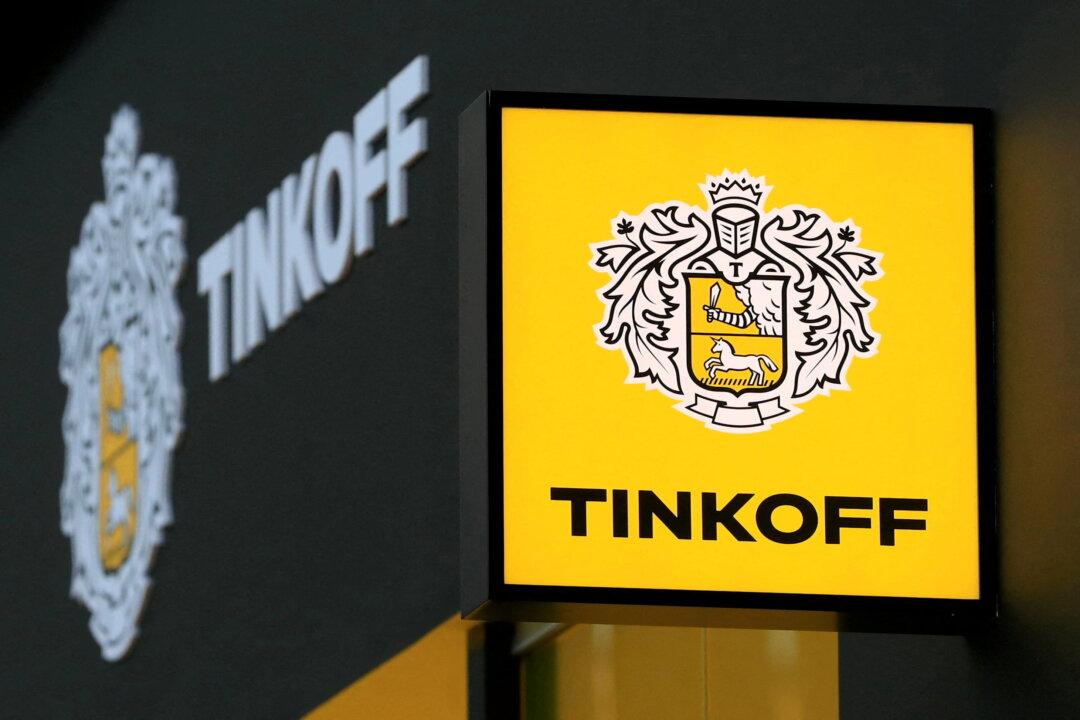Russia’s central bank said on Friday it would study the legality of plans by some banks to impose fees on foreign currency accounts, warning that lenders should not worsen conditions for existing clients.
Some major Russian banks plan to charge fees on retail accounts in dollars and euros after authorities floated the idea of negative interest rates for banks’ corporate clients’ foreign currency deposits, drawing the ire of customers.





